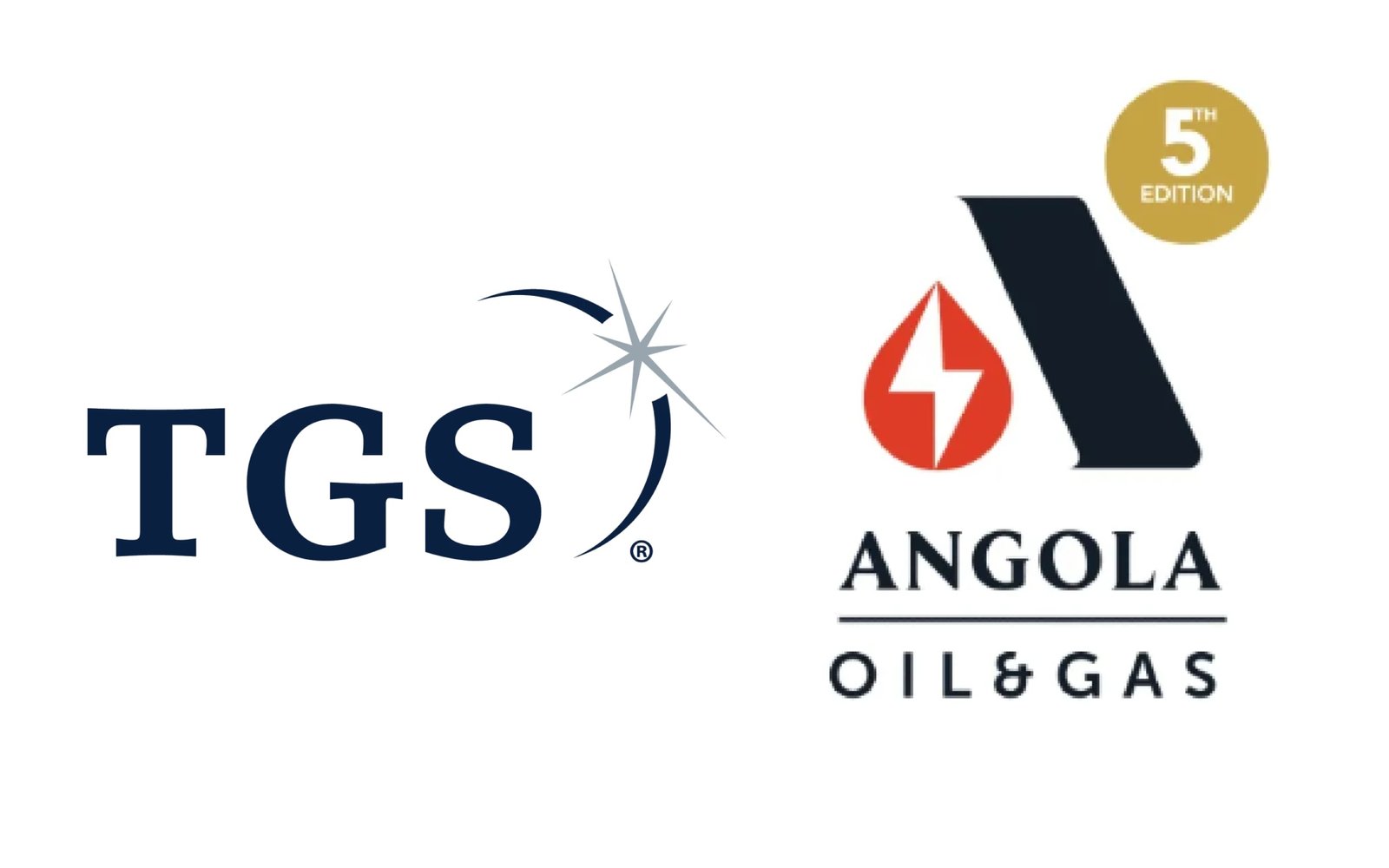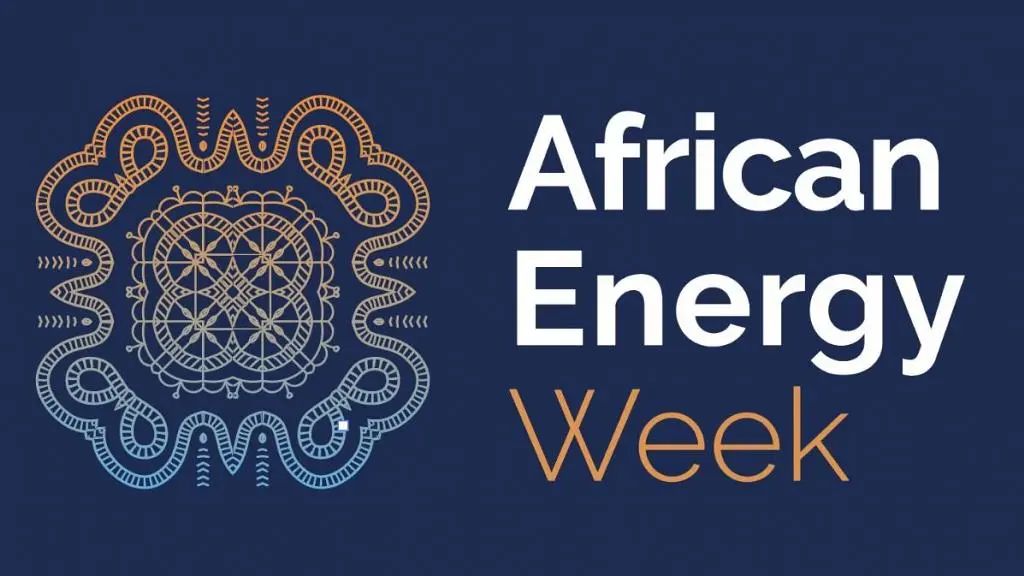By Eyo Nsima
The Organisation of Petroleum Exporting Countries, OPEC, has disclosed that the outbreak of Coronavirus pandemic, culminated in the collapse of the global oil market in 2020.
In his foreword to the organisation’s 2020 Annual Report, Secretary General, Dr. Mohammad Barkindo, said: “The year 2020 was like no other in living history. Not since the ‘Spanish Flu’ 100 years ago has a pandemic struck our planet. COVID-19 is most certainly the distinguishing feature of the year, for both the oil market and mankind.
“At the World Economic Forum Meeting in Davos on 21–24 January, the feeling was overwhelmingly positive among leaders and commentators, and the outlook for the global economy in 2020 bright.
“This feeling and any belief that the spread of COVID-19 would be limited was shattered in February, as the virus started to appear worldwide and hot spots like IR Iran and Italy came into focus.
“The devastation to health care systems and human life started to capture the world’s attention in earnest. Measurements required to slow its advance, such as lockdowns of entire cities, quickly took hold.
“The outbreak would become critical in other European countries and the US in March, while its path of devastation in other parts of the world was just beginning.
“It would rush like wildfire throughout the year from one country and continent to another. A wave of shock and growing uncertainty pushed aside the hopeful start to the year and the new decade.
“At the 178th (Extraordinary) Meeting of the OPEC Conference on 5 and 6 March, the full impact of COVID-19 was still not clear.
“It was not until 11 March that the World Health Organization declared a pandemic. The year saw record demand destruction of nearly 10%, leaving around 90.4 mb/d. However, during the dark days of April, demand fell up to 22%.
“An all-time low occurred on April 20, now referred to as ‘Black Monday’, when WTI went negative for the first time in history, plummeting to –$37/b. There were concerns storage hubs would reach tank top and a potential crude oversupply of 1.3 billion barrels was on the horizon.
“Some commentators noted that the energy industry may have been the most impacted of all sectors by the pandemic. The world economy contracted by –3.7% in 2020, but global oil demand declined by 9.6 mb/d for the year.”
He also said: “However, a solid economic recovery is now expected in 2021 of 5.1% and oil demand growth for 2021 is expected to increase by 5.9 mb/d. In the face of this unprecedented crisis, strong and certain action was required to pull the market back from the brink of destruction.
“The need for not only Declaration of Cooperation (DoC) participants, but all producers to work together became more critical than ever before, and the DoC participants reacted quickly and effectively.
“At the 10th (Extraordinary) OPEC and non-OPEC Ministerial Meeting (ONOMM) in April, the largest and longest adjustments in the history of OPEC and the industry were made of 9.7 mb/d, for an initial period of two months, later extended for an additional month. This was to be tapered off, with the agreement valid until the end of April 2022.
“Furthermore, the Meeting took note of the G20 Extraordinary Energy Ministers’ Meeting, which recognized the commitment of the producers in the OPEC+ group to stabilize energy markets and acknowledged the importance of international cooperation in ensuring the resilience of energy systems. Several countries openly backed the group’s efforts, with some committing to adjusting production on their own, including Norway and Canada.
“Various oil companies revised down production plans and masses of production were shut in, particularly in North America. Saudi Arabia, the United Arab Emirates, Kuwait and Oman pledged to make additional adjustments in order to boost market sentiment and draw down bloated stocks. Members of the meeting subscribed to the concept of compensation by those countries that were unable to reach full conformity, a plan that continued throughout the year.
“The supporting Joint Ministerial Monitoring Committee under the DoC was ordered to meet monthly until the end of the year to keep a close tab on general market conditions, along with production and conformity levels.
“At the 12th ONOMM in early December, it was noted that conformity levels were positive, which most certainly brought optimism to market sentiment. It was agreed that starting in January 2021, DoC participating countries would voluntarily adjust production by 0.5 mb/d from 7.7 mb/d to 7.2 mb/d and that the ONOMM would be held monthly starting in January 2021 to assess conditions and determine production adjustments for the following month, with those being no more than 0.5 mb/d.”
He added: “By the end of the year, great strides had been made to bring balance back to the oil market, though second and third waves of COVID-19 were still sweeping the world. These efforts continue to be extolled at the highest levels of government and from energy stakeholders in both the public and private sectors worldwide. The additional promise of a speedy vaccination rollout in 2021 saw market sentiment takes an uptick.”








